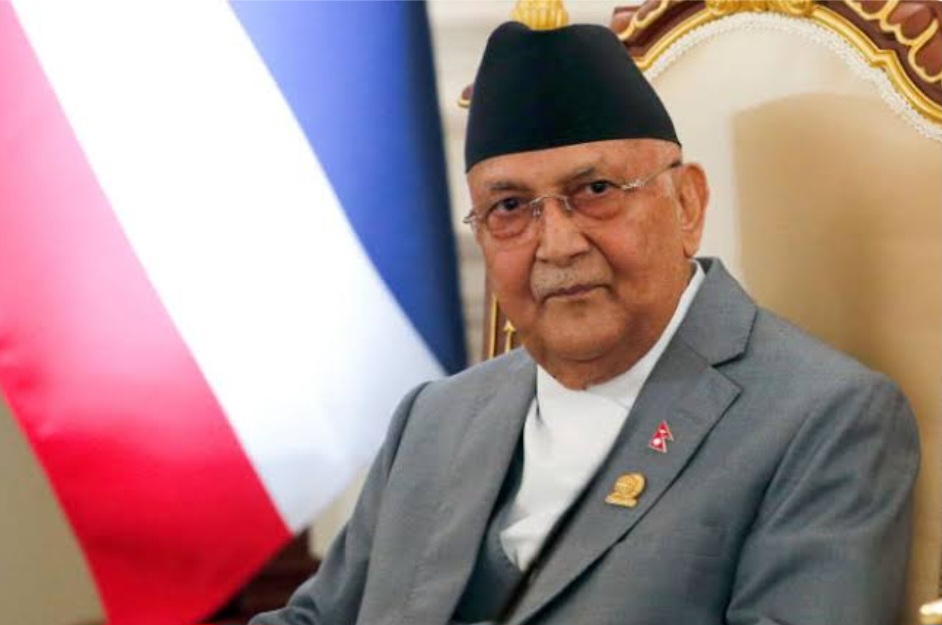
Esther Imonmion
Nepal plunged deeper into political crisis on Tuesday after Prime Minister KP Sharma Oli resigned following violent protests that left at least 19 people dead.
The unrest, led largely by young demonstrators, erupted after the government imposed a ban on major social media platforms last week. Despite the restrictions being lifted, anger over corruption and lack of opportunities continued to fuel nationwide demonstrations.
On Tuesday, protesters stormed and torched Nepal’s parliament, waving national flags as security forces deployed water cannons. Witnesses reported some demonstrators carrying assault rifles. Earlier, Oli’s private residence was also set ablaze.
“Hundreds have breached the parliament area and torched the main building,” said Ekram Giri, spokesman for the Parliament Secretariat.
Air traffic in Kathmandu was disrupted as smoke from burning buildings reduced visibility, though the airport remained operational, officials confirmed.
In a televised statement, Oli, 73, announced his resignation, saying it was necessary “to take further steps towards a political solution and resolution of the problems.” His departure followed the resignations of three cabinet ministers.
Oli, a four-time prime minister and veteran communist leader, first came to office in 2015 and most recently returned to power in 2024 after forging a coalition with the Nepali Congress. His six-decade career has spanned Nepal’s transformation from monarchy to republic.
Despite the government’s decision to restore Facebook, YouTube, X, and other platforms, protesters insisted the issue went beyond digital freedom. Many cited unemployment, corruption, and widening inequality.
“Young people make up nearly 43 percent of the population, yet joblessness remains high,” noted Communication Minister Prithvi Subba Gurung.
Rights groups accused security forces of using live ammunition during Monday’s crackdown. Amnesty International condemned the killings, while the United Nations called for an independent investigation.
“This isn’t just about social media — it’s about trust, corruption, and a generation that refuses to stay silent,” wrote The Kathmandu Post in an editorial.
With tensions still high, Nepal faces an uncertain path forward as its youth-led movement demands accountability and lasting reforms.
